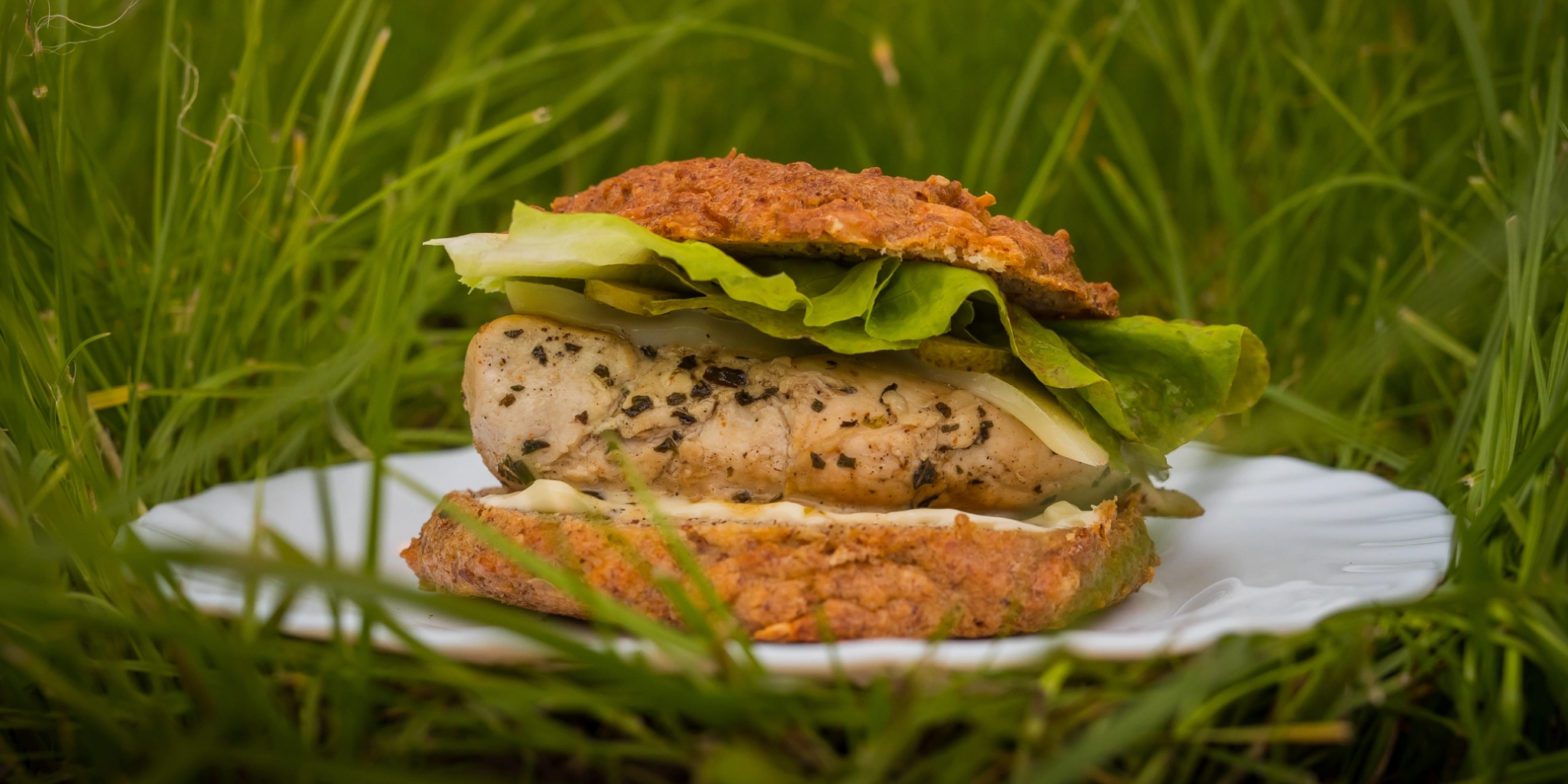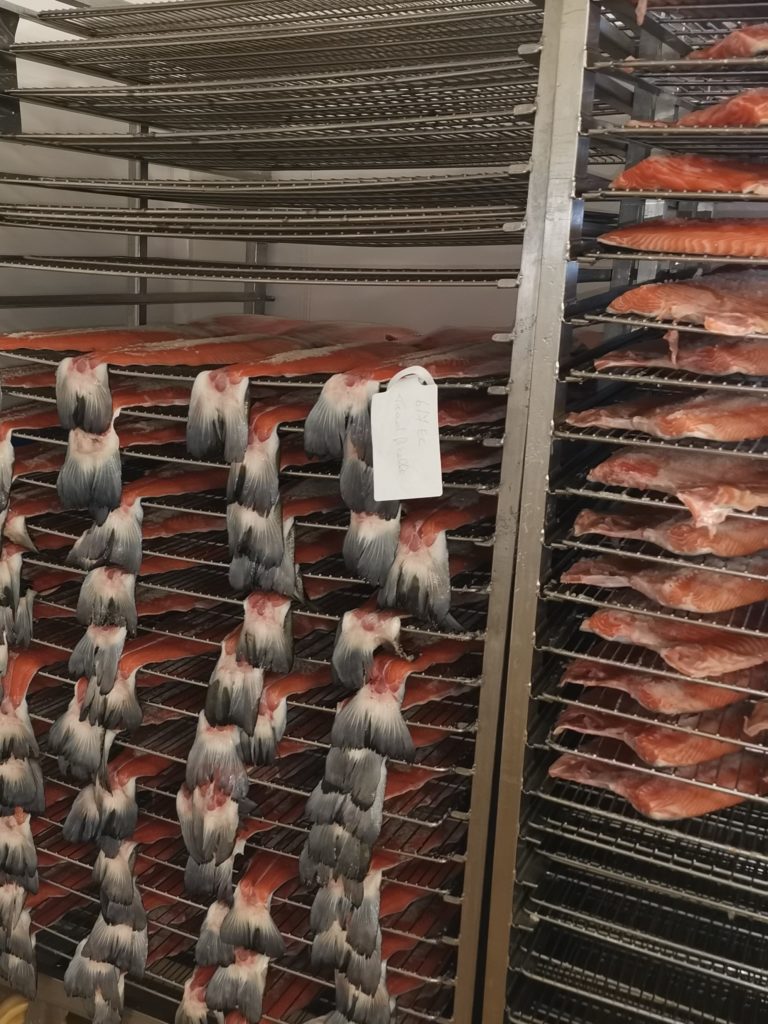Algae, insects, by-products, … : the protein revolution

Faced with population growth and the urgent need for a sustainable food transition, the question of alternative proteins stands out as a key lever for feeding the planet without depleting its resources. Our plates, long dominated by meat and dairy, are now opening up to new possibilities: plant proteins, edible insects, algae, micro-organisms, and proteins from by-products. An overview of this protein revolution and its challenges.
Why reinvent our proteins?
Conventional animal protein production is today one of the main drivers of environmental pressure. Producing 100 g of beef protein generates up to 50 kg of CO₂ and consumes nearly 750 liters of water (Polytechnique insights). Livestock and fishing together account for around 25 % of global greenhouse gas (GHG) emissions, according to the latest environmental studies.
Even today, nearly 70% of the protein consumed in Europe comes from animals (INRAE), increasing dependence on imports of plant proteins and undermining food sovereignty. This model not only harms the planet, but also introduces new challenges: food safety, nutritional health, enhanced traceability in response to societal and regulatory expectations. The transition to tomorrow’s proteins—sustainable, diverse and local—has thus become an ecological, social, and economic imperative.
Overview of alternative proteins : key figures and challenges
-
Plant proteins : a new generation
Legumes (peas, fava beans, soy, lupin, hemp) are central to Europe’s strategy, especially through programs like “France 2030,” which seeks to double legume acreage by 2030. These plant proteins reduce overall environmental impact: one hectare of peas or fava beans captures up to 200 kg of nitrogen per year, limiting synthetic fertilizer use and N₂O emissions. According to INRAE, replacing 50 g of animal protein a day with legumes would reduce an individual’s carbon footprint by 20%.
Plant proteins are alternatives to meat (steaks, drinks, flours) and diversify nutritional intake. However, their digestibility (70–90% vs. >95% for animal) and amino acid balance remain technical challenges. Innovation in texture and flavor is crucial, as 12% of consumers are still hesitant to buy (FranceAgriMer 2024). Moreover, developing climate- and disease-resistant varieties is essential to secure harvests.
-
Fermentation and mycoproteins : biotech of the future
Mycoproteins (e.g., Fusarium venenatum) and precision fermentation are revolutionizing the creation of proteins identical to those found in milk or eggs (via microorganisms). A bioreactor can produce up to 3,000 tons of protein per year with 90% less land and water than cattle farming.
However, these emerging technologies are still subject to complex regulatory procedures, notably the European “Novel Food” Directive, which requires rigorous safety assessments before commercialization. Only 7 products from these technologies have received Novel Food approval from the European Commission in 2025.
Production costs are also two to six times higher than conventional plant proteins, limiting their competitiveness. Scaling up remains difficult due to contamination risks and reliance on agricultural substrates.
Social acceptability is also a challenge: 26% of consumers are reluctant to consume food biotech products, according to the EFSA.
-
Edible insects : a still marginal sector
Insects offer record feed efficiency (1.7 kg of feed per 1 kg of biomass vs. 6–9 kg for beef), a protein content >60%, and generate up to 90% fewer GHG emissions. Yet the sector accounts for just 0.12% of the European alternative market : only four species are authorized for human consumption (since 2023), and cultural resistance remains strong. Cross-allergies (peanuts, shellfish) remain an issue.
-
Algae and microalgae : expanding potential
With more than 60 species authorized for human consumption in Europe in 2025, algae and microalgae (spirulina, chlorella, wakame, etc.) are champions of protein density (up to 70%), rich in omega-3, essential amino acids, vitamins, and antioxidants. Their cultivation is 10 to 100 times more efficient per hectare than soy and sequesters CO₂, while not competing with agricultural land (Observatoire des Aliments).
However, growth remains limited by cost (>€5,000/ton for premium European spirulina), palatability, taste variability, and standardization of extraction processes. On the market side, annual growth is above 8.7% for spirulina and 6.4% for chlorella.
-
Food by-products : protein upcycling
Europe wastes or underutilizes nearly 100 million tons/year of agricultural and seafood by-products, which are a strategic source of alternative proteins. Enzymatic hydrolysis is used to obtain protein hydrolysates for human food, animal feed, cosmetics, or nutraceuticals.
In 2024, only 17% of by-products collected in Europe were traceable for food: optimizing collection, separation and standardization is a huge challenge, as is overcoming the “waste” perception among consumers.
Protein extraction : Upcyclink expertise
Upcyclink supports the emergence of alternative proteins by developing technological processes suited to the specificities of each stream and through innovative valorization of by-products.
-
Valorization of fish eggs with LV SEAFOOD
Upcyclink has designed a green biorefinery capable of transforming immature fish eggs into protein concentrates and lecithins rich in omega-3, validated from laboratory to semi-industrial scale for nutrition, cosmetics, and wellness applications.
-
PROMALG-HEALTH project (ANR France 2030)
Upcyclink is also engaged in scaling up the [extraction of protein ingredients](http://— https://www.labo-lego.fr/promalg-health/) from Breton macroalgae, combining eco-responsibility with process innovation for medical and hospital nutrition.
-
SOBRE® mobile unit
Upcyclink also offers an innovative mobile unit that allows by-products to be processed into protein hydrolysates directly on site, drastically cutting logistics (transport, storage) costs. This solution ensures the quality and reproducibility of processes and supports the development of sustainable local supply chains.
The challenges for a sustainable alternative protein sector
- First, research and technological innovation must continue to improve the quality, taste, texture, and digestibility of alternative proteins, while controlling production costs. The industrialization of sustainable processes requires constant optimization, particularly in by-product transformation or microorganism cultivation.
- Next, European regulations strictly govern the placing on the market of new food ingredients (notably through Novel Food procedures), resulting in long and costly safety assessment processes. These requirements are essential to protect consumer health but slow down the commercialization of many innovations.
- On the socio-cultural front, acceptability of alternatives (insects, algae, fermentation, by-products) remains a significant barrier, requiring education, transparency, and adaptation to consumer expectations, particularly regarding taste and sensory aspects.
- Additionally, supply chain structuring and logistics remain challenging. Alternative proteins require reliable and local supply chains, including collection of by-products, conversion into ingredients, and tailored distribution to multi-segment markets (human food, pet food, nutraceuticals). Decentralized solutions like those offered by Upcyclink can play a key complementary role in ensuring optimum quality and greater flexibility.
- Finally, environmental and social objectives require increased vigilance to guarantee traceability, sustainability, and fairness throughout the supply chain, ensuring strong emissions reductions and responsible use of natural resources wherever possible.
Toward circular and responsible food systems
Plant-based, fermentation-based, insect, algae, or by-product proteins are more than just a trend. They provide a structural path to addressing climate, health, and food sovereignty challenges. Turning this potential into tangible progress will require accelerating innovation, strengthening education, and fostering collaboration among all stakeholders—from farm to fork.
Upcyclink is regularly involved in collaborative research projects and develops innovative extraction and green biorefining solutions. Got an innovation or industrial valorization project ? Contact us !“


